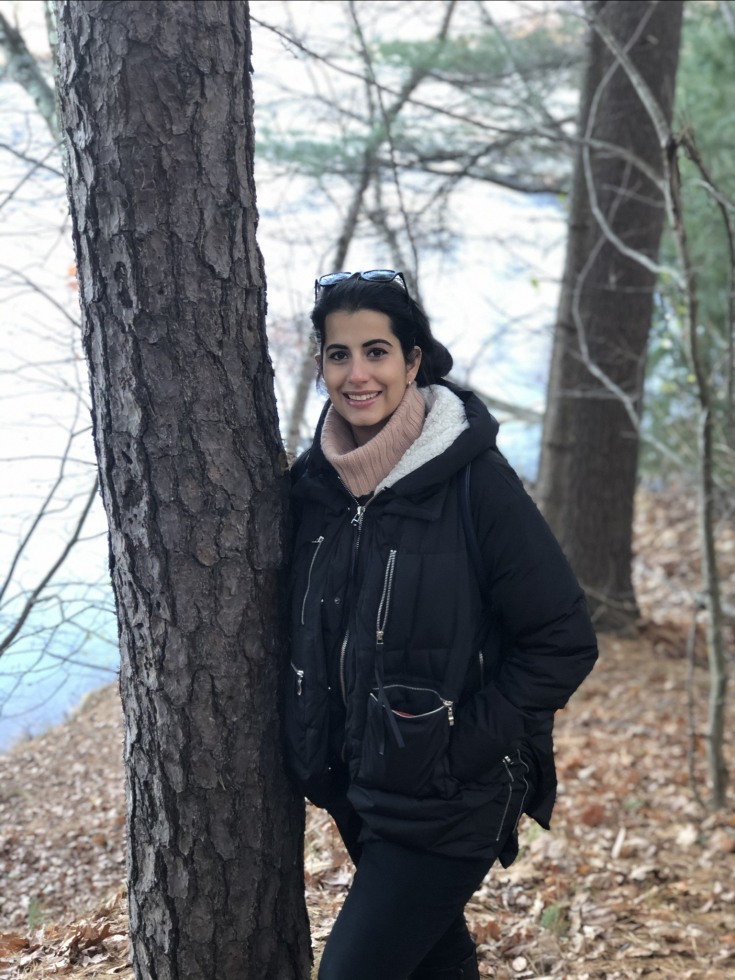Being able to match a research project to a client’s needs will also give Dhaliwal a critical advantage when she competes for highly competitive faculty positions in her own field in a few years, she said.
“You really need to know how to market yourself when seeking a faculty position,” she said. “It’s helpful to know how to talk about yourself and your work in a way that is accessible.”
Dhaliwal was one of 63 graduate students who participated in the Summer Proctorship Program, which placed students in project-based positions across 24 campus entities, from academic centers — like the Pembroke Center and the Joukowsky Institute for Archaeology and the Ancient World — to administrative hubs, like the Office for Institutional Equity and Diversity and the Advancement Office.
The program was created to provide new opportunities for both professional development and financial support to graduate students whose summer teaching placements and research fellowships had been thwarted by the COVID-19 pandemic, said Vanessa Ryan, associate dean of student development at the Graduate School.
Indeed, Dhaliwal — like many graduate students at the University — had planned to teach a Summer@Brown course before COVID-19 caused many of them to be cancelled, with others transitioned online. When she learned this spring about the Summer Proctorship Program, she was quick to apply.
“It seemed like a really cool opportunity to secure summer funding while getting an inner look at the work that the offices at Brown do,” she said.
The prospect of working in the Office of the Vice President of Research held particular appeal for her, she said.
“As a humanities student, I don’t hear a lot about what my colleagues in the hard sciences are doing. As someone who wants to be a collaborative researcher — not a lonely scholar working at her desk — I think it’s really important and interesting to see what the larger community is working on.”
By broadening graduate students’ exposure to University operations outside of their departments, proctorships offer valuable professional opportunities to apply their skills beyond their specialized fields, Ryan said.
“The Graduate School is committed to helping its students recognize their core transferable skills so that they can be successful in a broad range of careers,” she said. “Proctorships are a vital way of doing that. Much like internships do for undergraduates, these experiences give graduate students the opportunity to apply the many skills they are developing in their academic programs — research, project management, collaborative work and innovative problem solving — to broader settings.”
Ryan also hopes the program has given colleagues across the University the chance to see how doctoral training prepares students for professional success well outside their chosen research fields.
“Our graduate students are amazingly talented and versatile,” she said. “I hope this program helps participating offices see that tapping into the expertise of these students can really enrich the work that they do.”
Dhaliwal’s summer supervisor has already been convinced. Brian Demers, director of business development in Brown Technology Innovations, said that Dhaliwal’s background in the humanities was a considerable asset.
“The fact that Tara has different training from most of our team is helpful,” he said. “I have a technical background, so I lead with the tech, which can narrow my focus from the start. But we need to hook people with all different levels of scientific understanding. Having someone like Tara, who is leading as a storyteller, brings a new, broader perspective to the way we talk about research, and that’s hugely valuable to us.”
